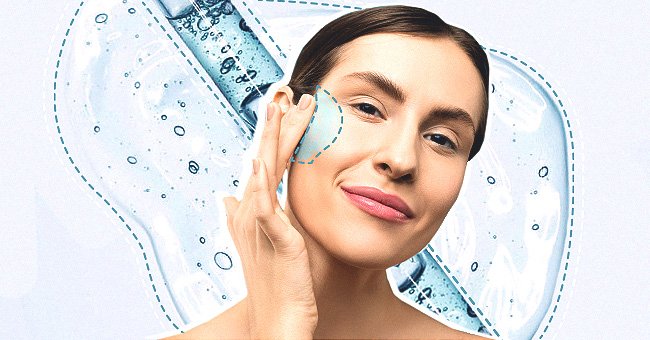
Hyaluronic Acid: Just A Trendy Ingredient or Worth The Hype
Anyone starting their skincare journey recently will have stumbled across hyaluronic acid. The substance is naturally-occurring and helps with everything from wound and skin healing to inflammation.
Over the last decade, hyaluronic acid has become a popular ingredient in the world of mainstream skincare. It is now in everything from facial creams and masks, to serums and moisturizer.
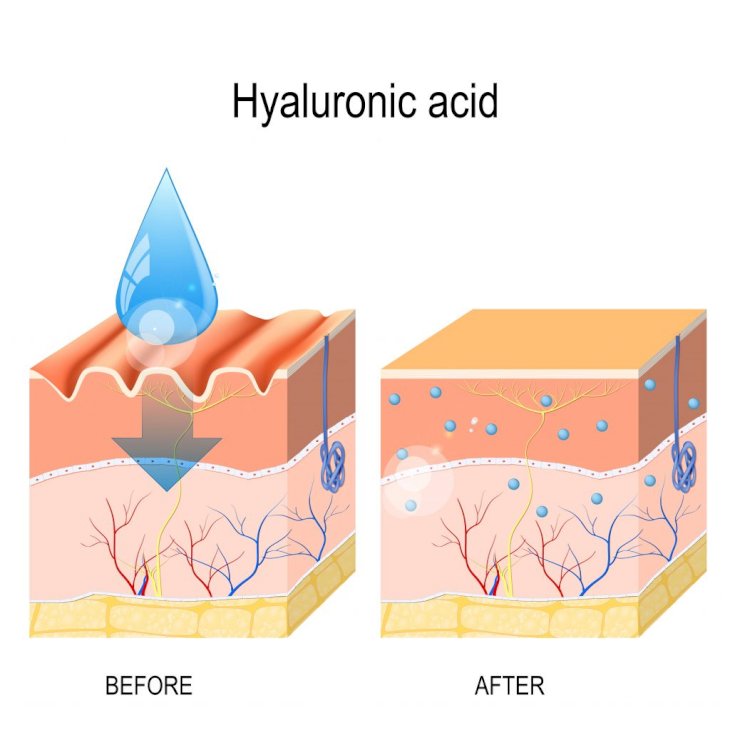
Shutterstock
However, as with many effective ingredients, it is often hard to differentiate between the reality and the hype surrounding hyaluronic acid especially with many misleading claims from brands. To make it easier to decide if it is worth it, here is the ultimate guide to Hyaluronic Acid.
What is HA?
Hyaluronic acid (HA) is found naturally in our skin. It holds water and works to keep skin hydrated and plump. The molecule is able to hold a thousand times its weight in water.
This allows it to retain moisture in our skin and prevents moisture from evaporating into the air. Like collagen and elastin, the amount of naturally-occurring hyaluronic acid decreases in our bodies as we age. However, the production can be stimulated by our bodies.
“Diet affects the skin significantly. Eating fruits and veggies with lots of antioxidants protect the skin from inflammation in turn helps the skin retain it.”
says Dr. Howard D. Sobel, a dermatologist in New York City.
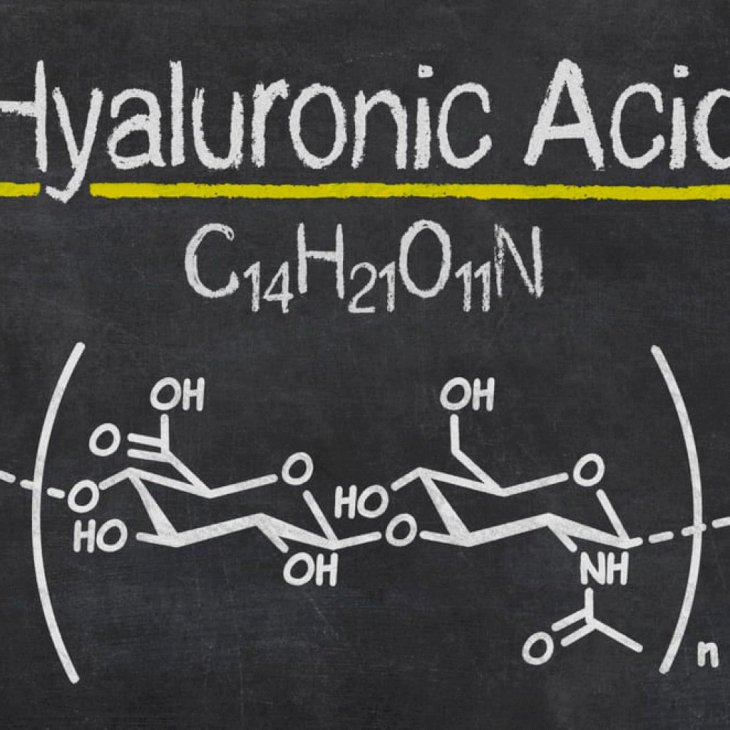
Shutterstock
Benefits
Introducing hyaluronic acid into your skincare routine can be beneficial. Using it in creams and serums, can help hydrate and soothe dry skin.
“Because of its ability to draw and hold water, it can be used as a humectant in your skincare regimen. It continually keeps skin moisturized throughout the day.”
says Dr. Rachel Nazarian, a dermatologist at the Schweiger Dermatology Group in New York City.
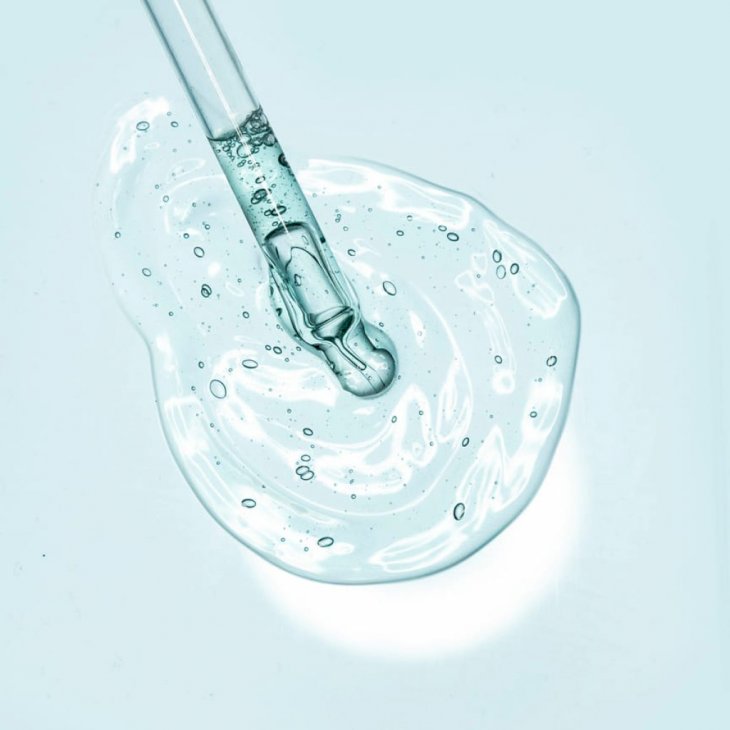
Shutterstock
What Does Hyaluronic Acid Not Do?
However, it is important to be aware that some claims about hyaluronic acid are not accurate and many are misleading or scientifically disproven. Here are some claims about HA that are not true.
Based on current scientific data, it has been shown that Hyaluronic acid will not treat acne. Hyaluronic acid is often used in acne creams but there is no scientific evidence proving that it treats or prevents acne. It might help with hydration but there is no benefit to acne breakouts.
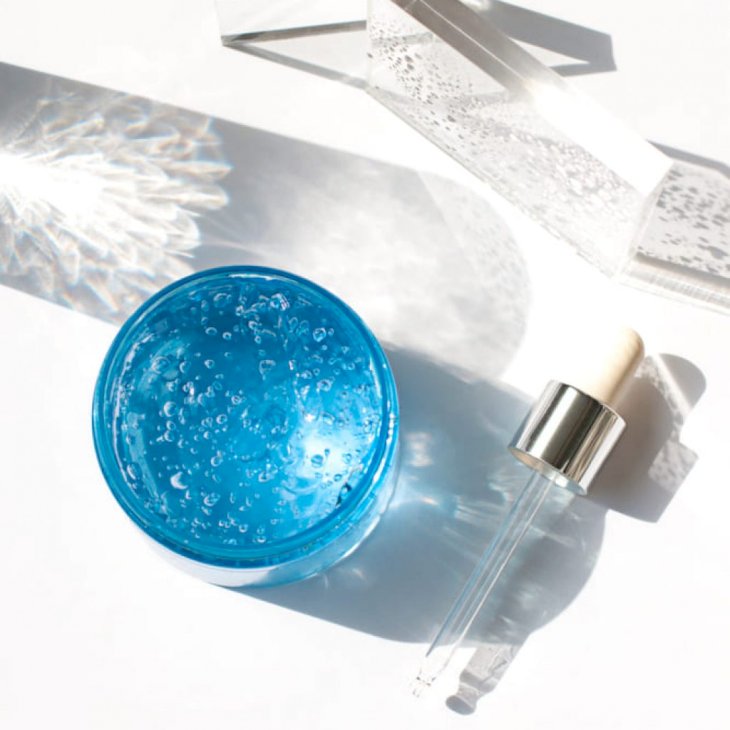
Shutterstock
Hyaluronic acid also will not heal scars. Even though hyaluronic acid is used as a dermal filler which is a powerful tool for filling in acne scars and restoring the skin, there is no proof that topical hyaluronic acid works as a scar treatment. There is some scientific evidence showing that topical hyaluronic acid used with laser skin rejuvenation can then help reduce acne scars.
Like with many popular ingredients, skincare companies oversell the effects of hyaluronic acid. Many added it to sunscreens but even though topical hyaluronic acid can help your skin to stay moisturized, there is no proof that it has any sun protection benefits.
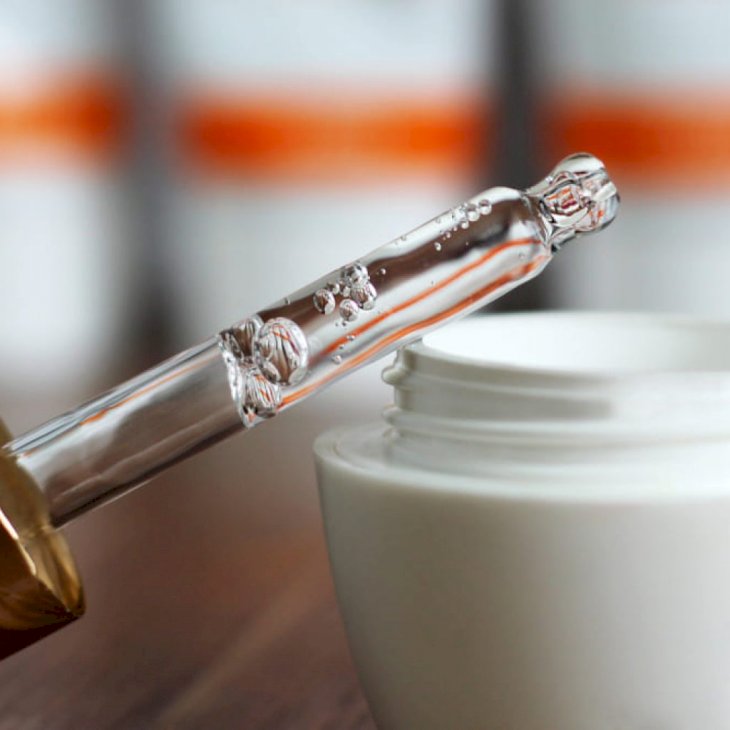
Shutterstock
Even though it is a great part of filler injections, topical HA will not give filler-like results. The hyaluronic acid molecule is too large to penetrate deep enough into the skin thus topical hyaluronic acid is only effective on the surface of the skin.
There is also no proof that HA will prevent aging. Regular use of hyaluronic acid creams can improve wrinkles but like other skincare products, it is only effective at reducing the signs of aging not preventing them entirely. It is not a miracle cure to all skin care issues.
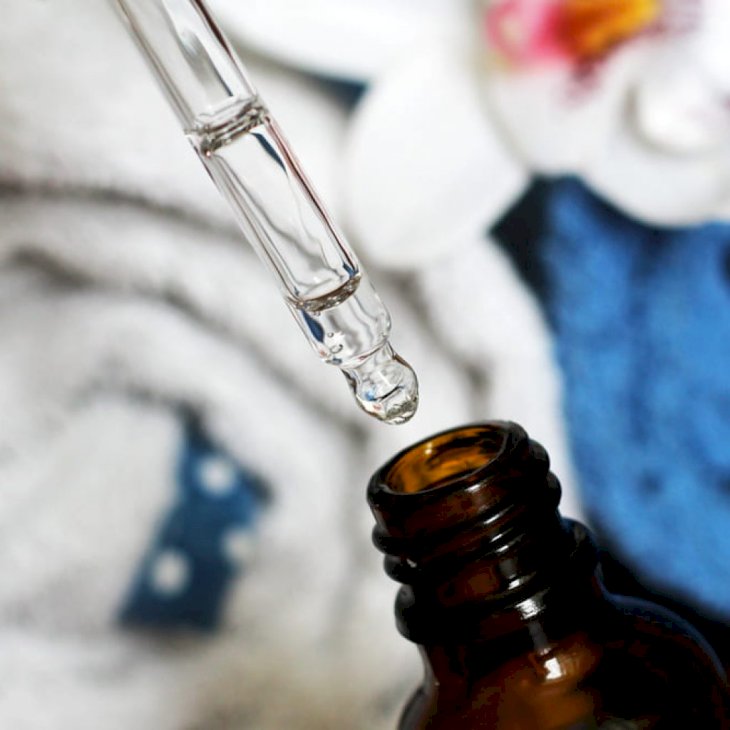
Shutterstock
Hyaluronic Acid Side Effects
Hyaluronic acid is usually extremely safe to use and allergic reactions are rare because the substance is naturally found in the skin. However, like any other skincare ingredient, there are some side effects that may occur. The safety of oral supplementation of HA was researched in a one-year study and none of the test subjects reported negative side effects.
Topical hyaluronic acid also has a good record but some users experienced dryness after using it in generic skincare products. This is often a result of other ingredients in over-the-counter skincare creams. It could also be a result of not using the HA correctly.
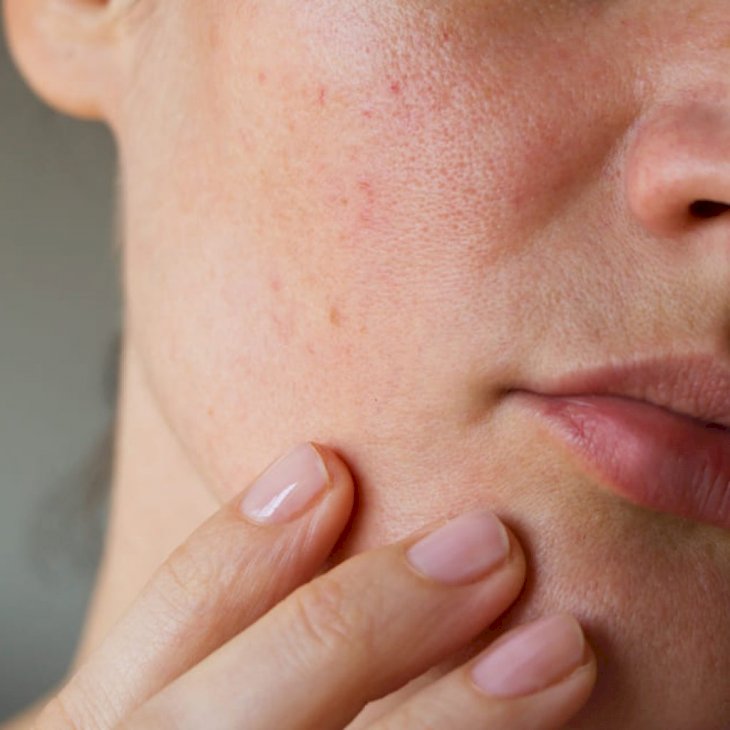
Shutterstock
Using dermal filler with hyaluronic acid is not as safe as the previous two options. Potential side effects from the injections include pain, bruising, itching, and swelling. Some users also experience a rash on and around the injection site. Like other dermal fillers, the skin may get an uneven, bumpy appearance.
Choosing the Right HA
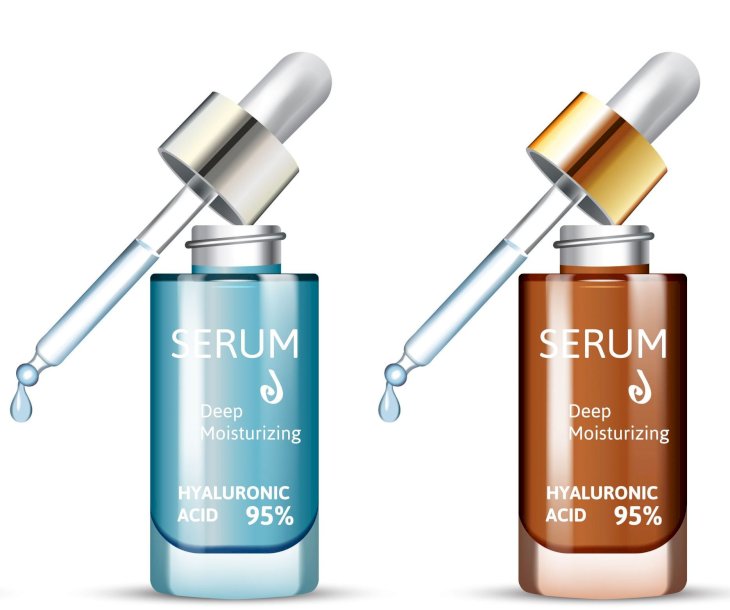
Hyaluronic acid can be combined with most other ingredients and even pairs well with peels, retinols, vitamins, and other acids. However, it is advised to be careful when using other acids that have low pH levels such as glycolic acid. These may degrade the HA and render it ineffective.
Picking the right hyaluronic acid product can be a difficult decision as the molecule is often too large to effectively deliver hydration to deeper layers of the skin. Look for a micronized HA so that it can effectively penetrate the skin. Lightweight, oil-free formulas are great too. If you pick the right product for your skin needs, HA is definitely worth the hype.